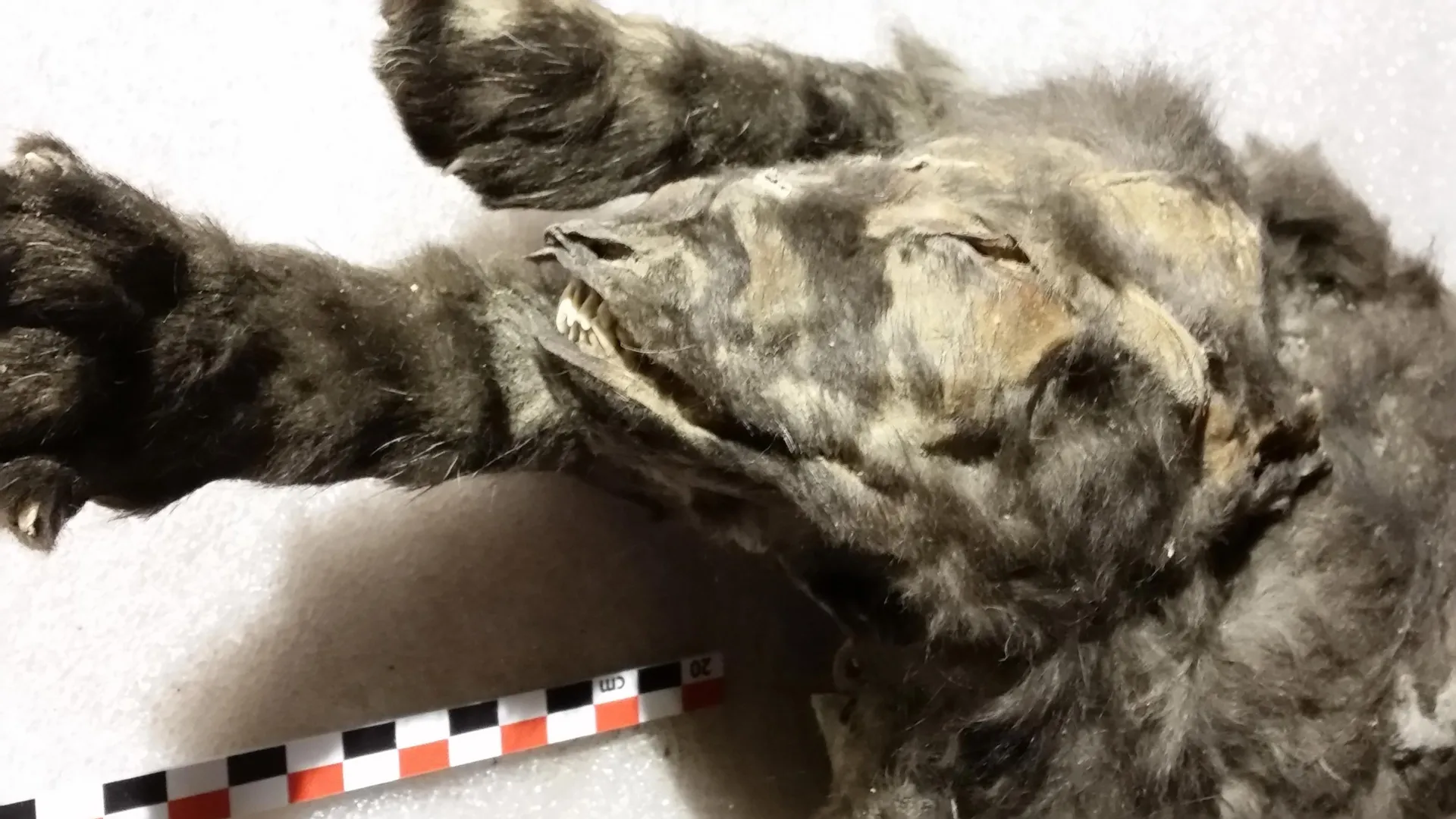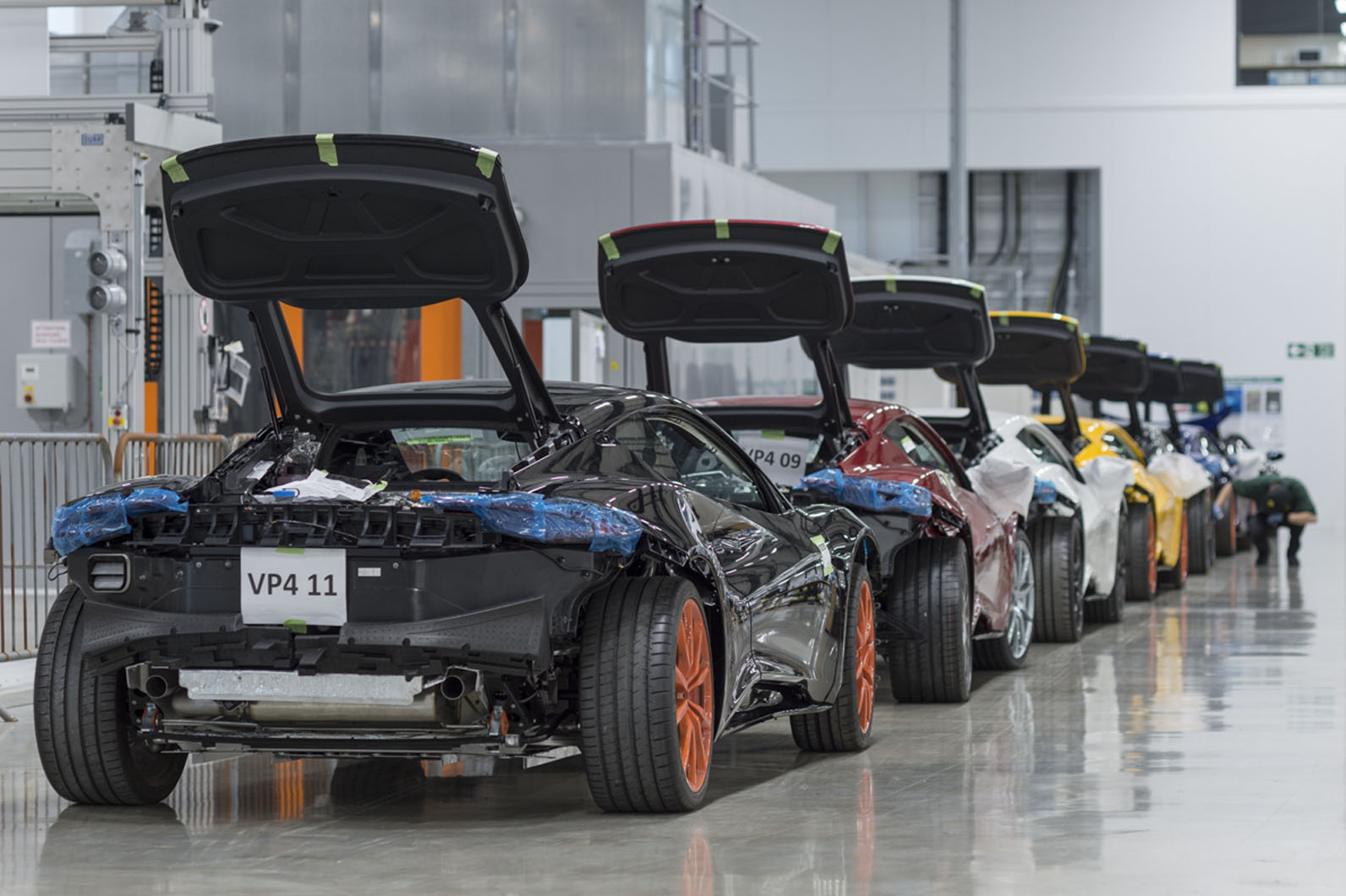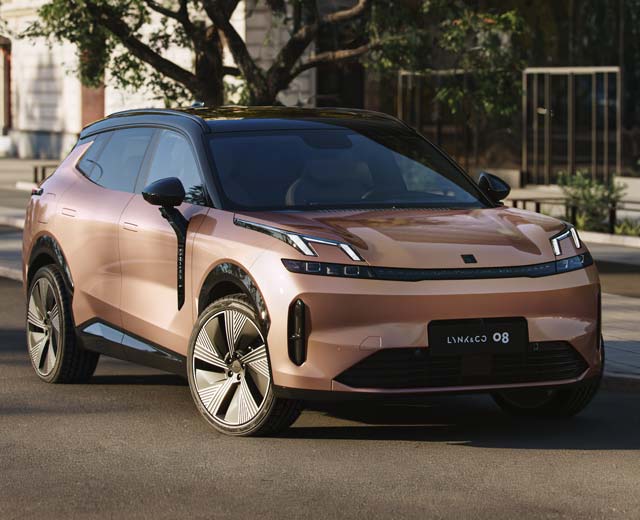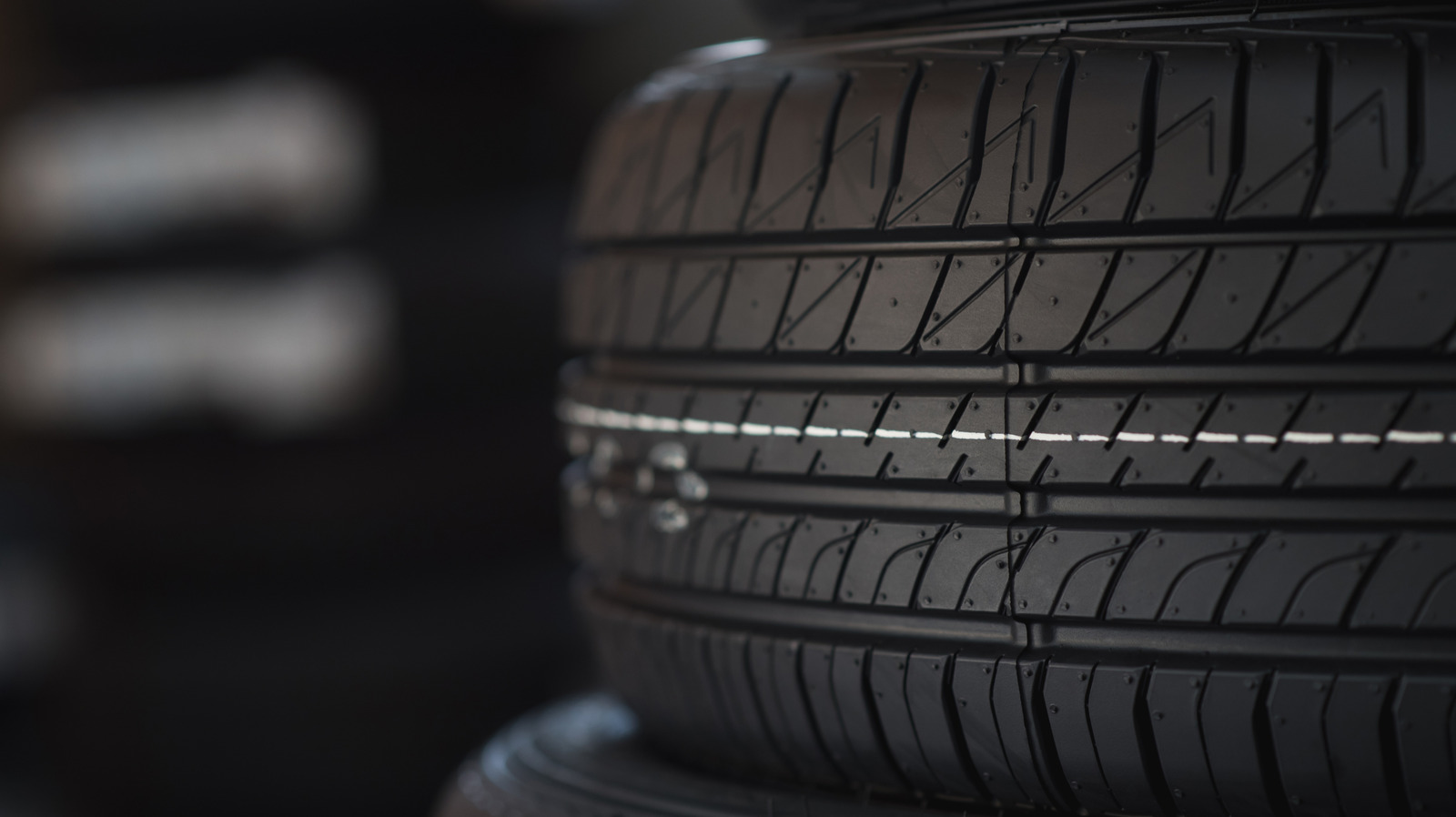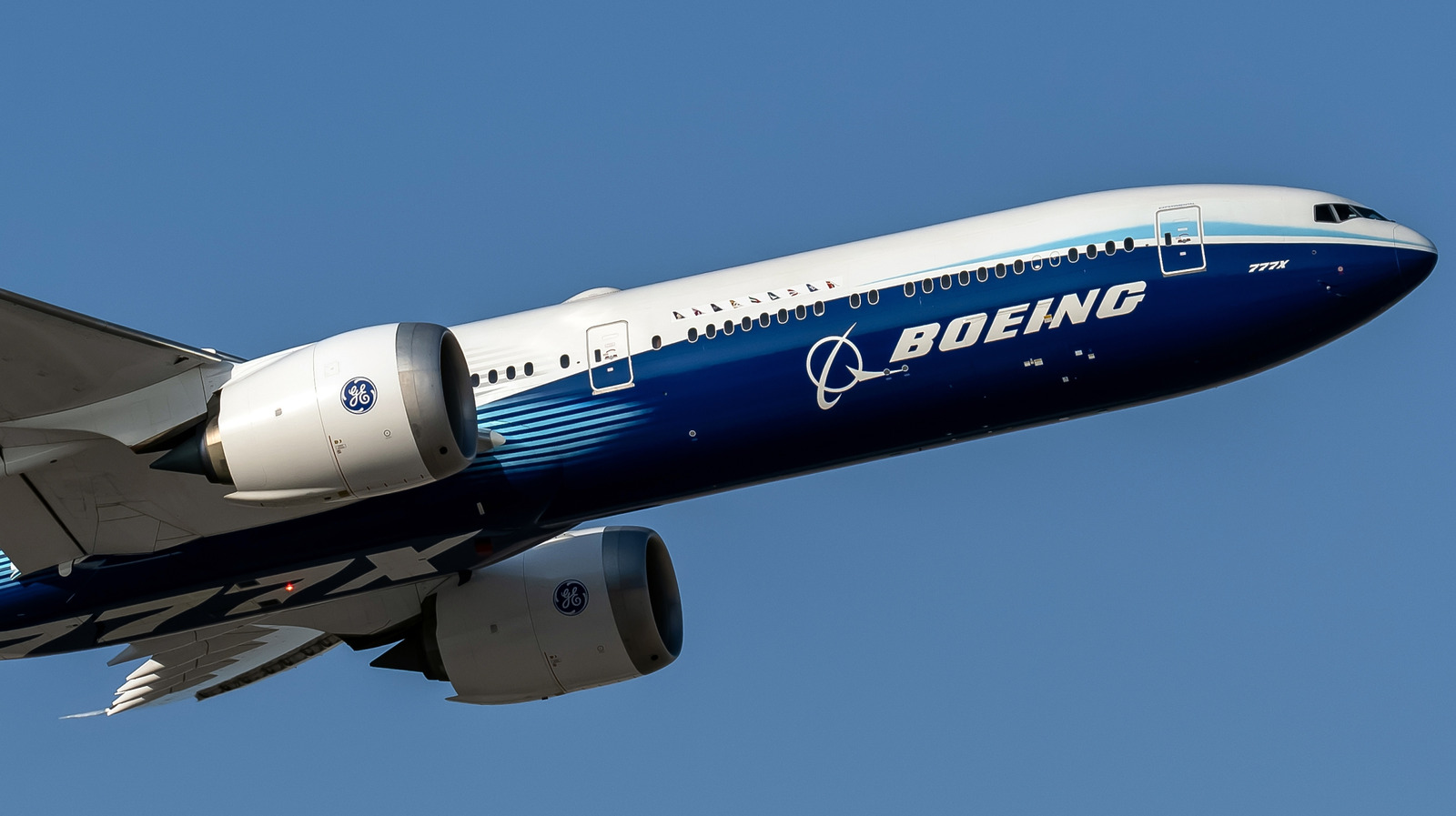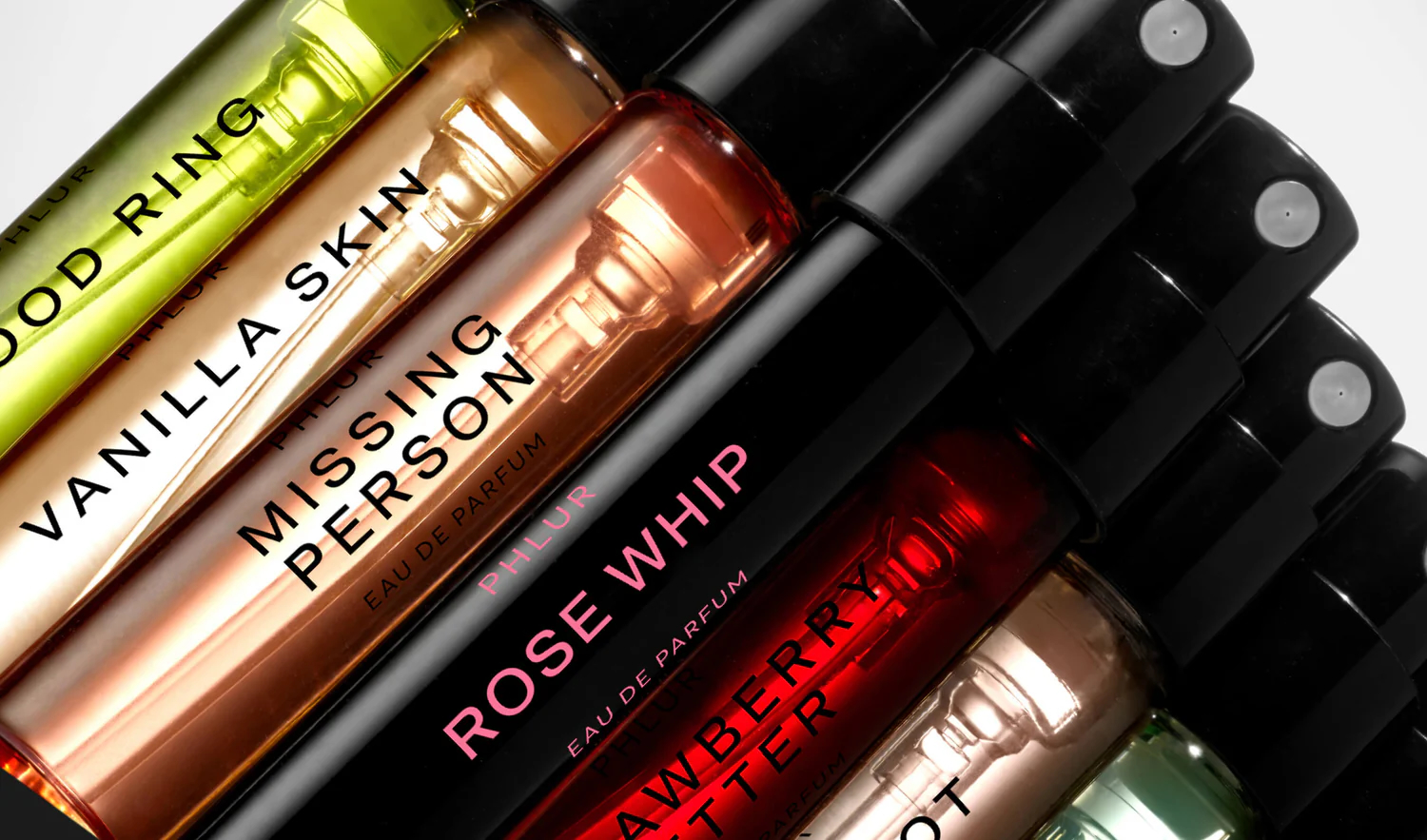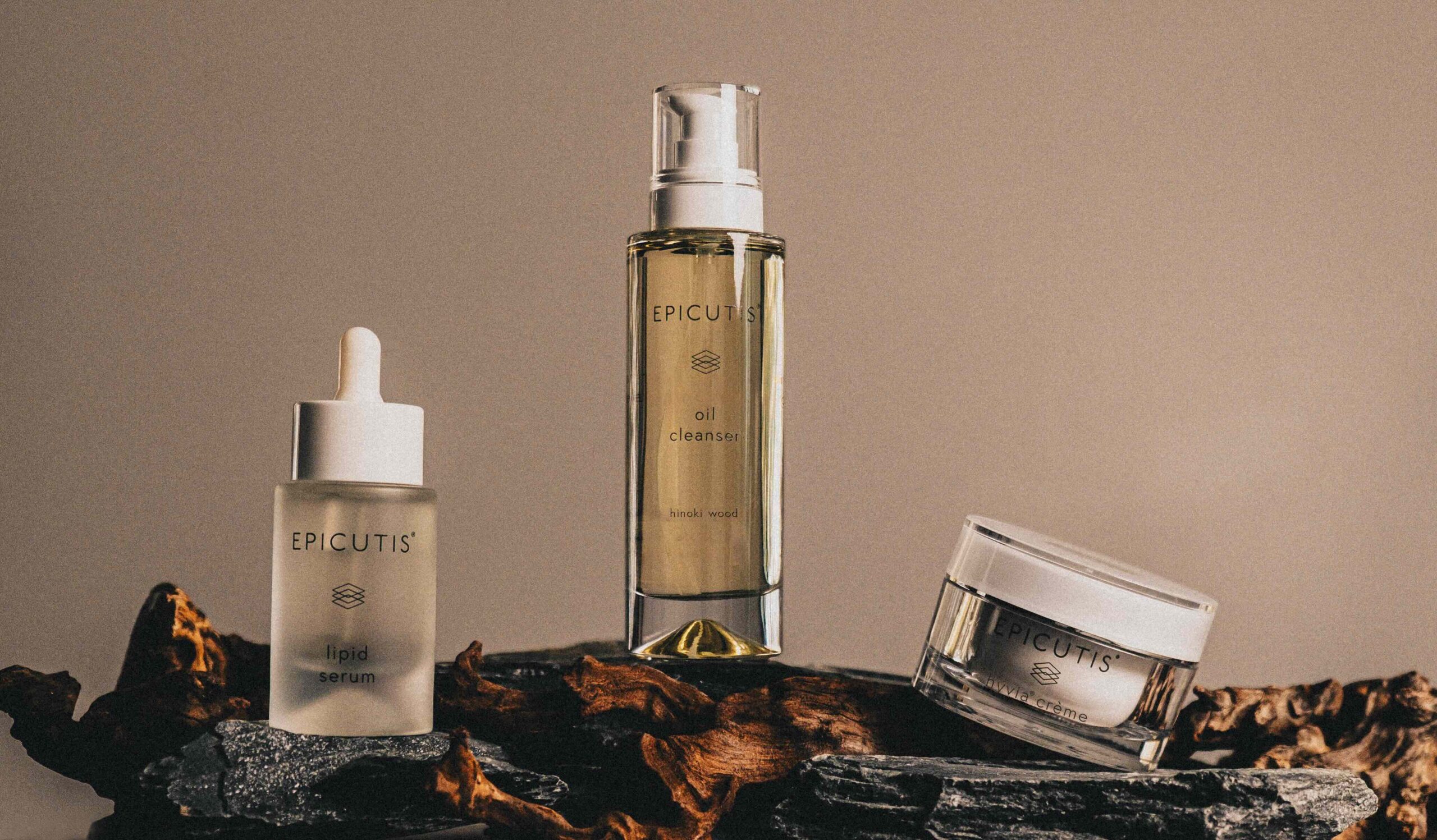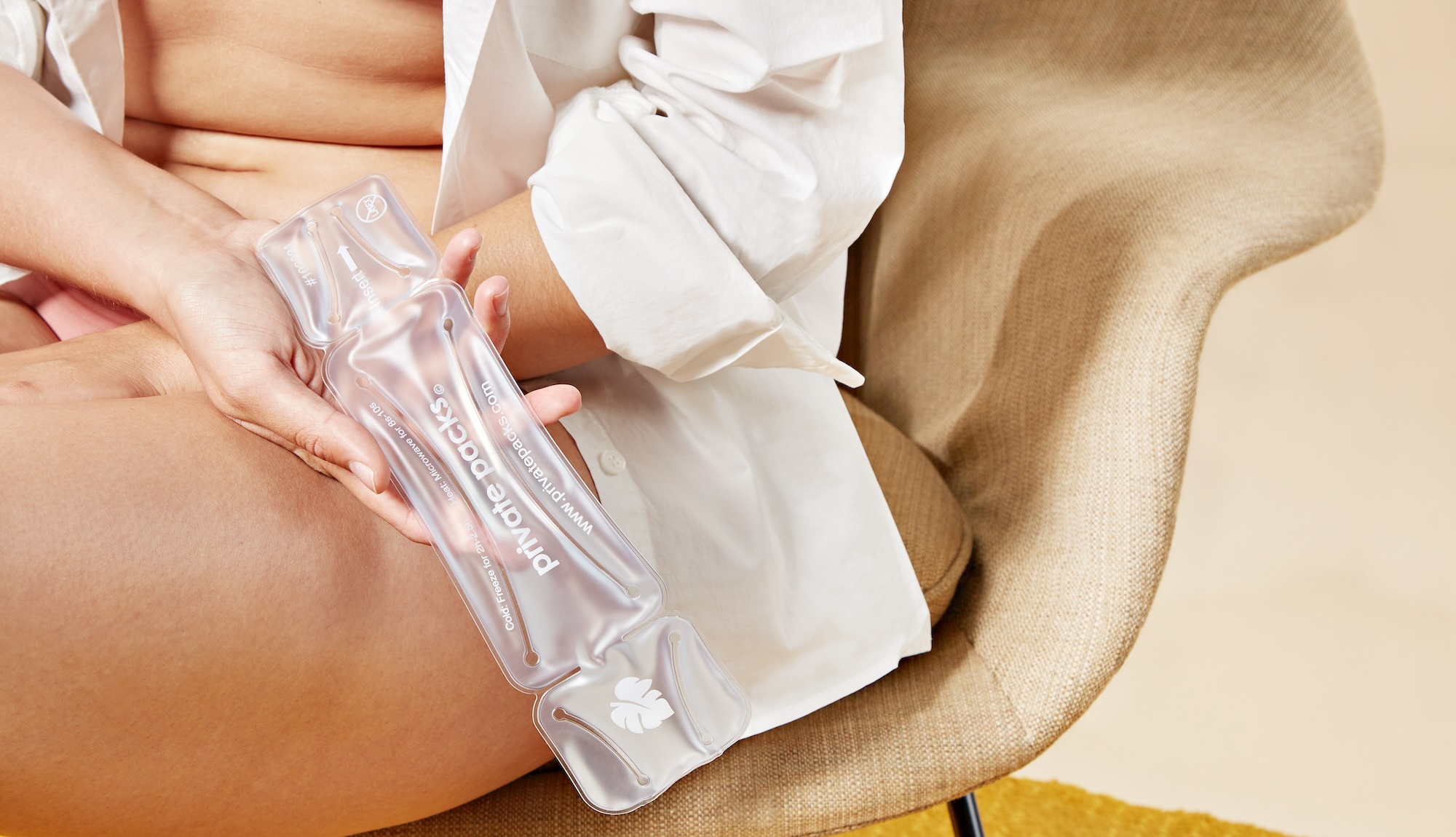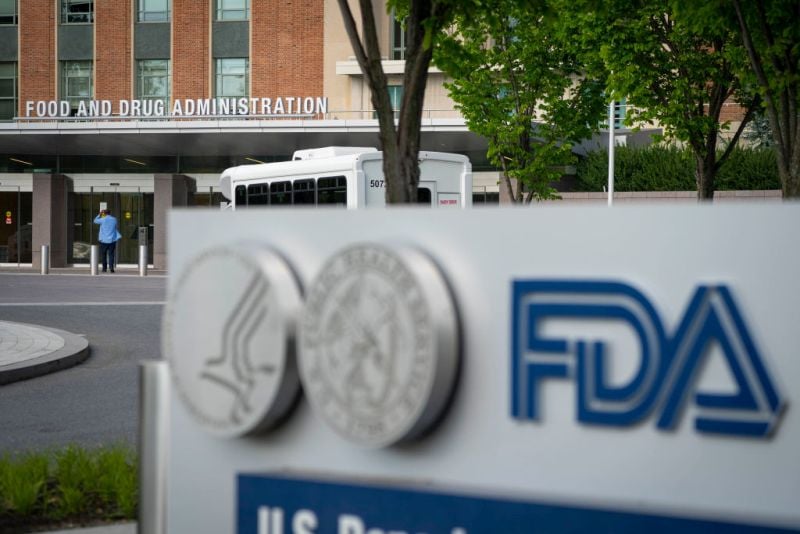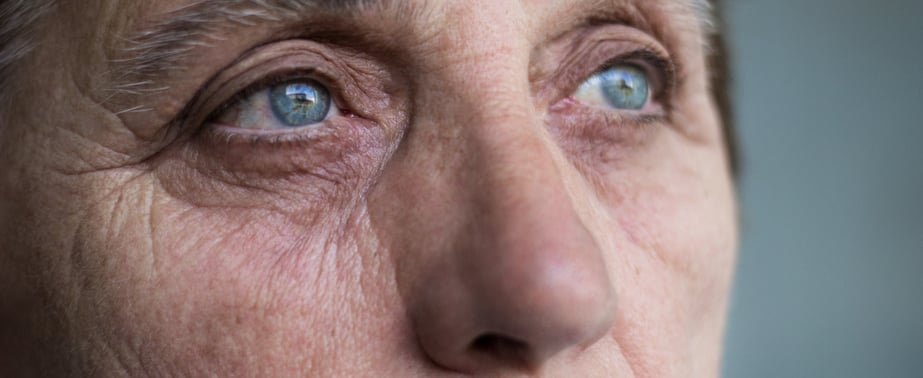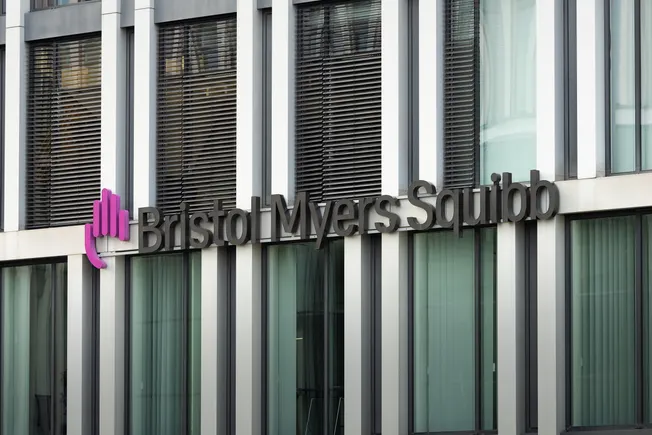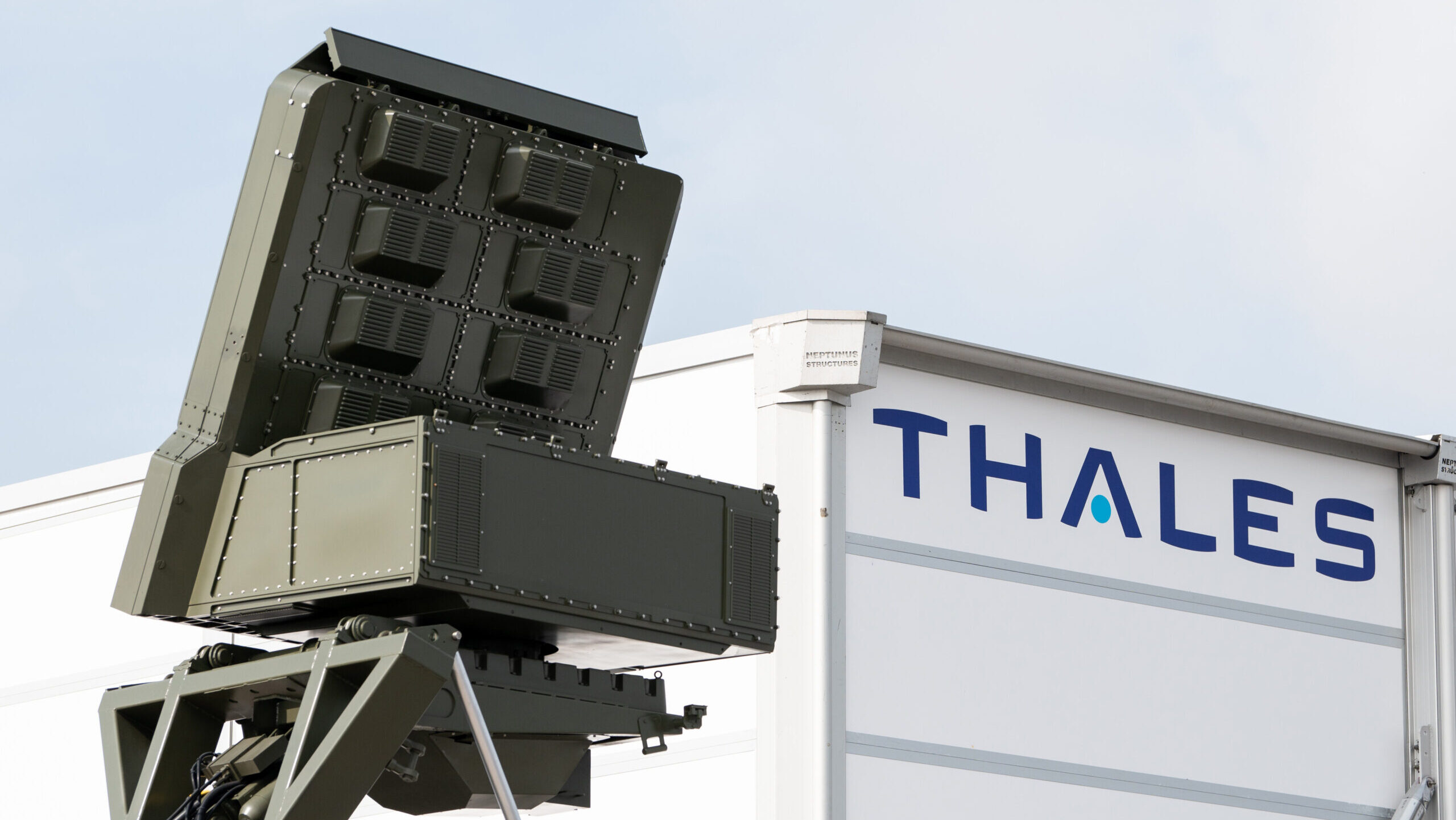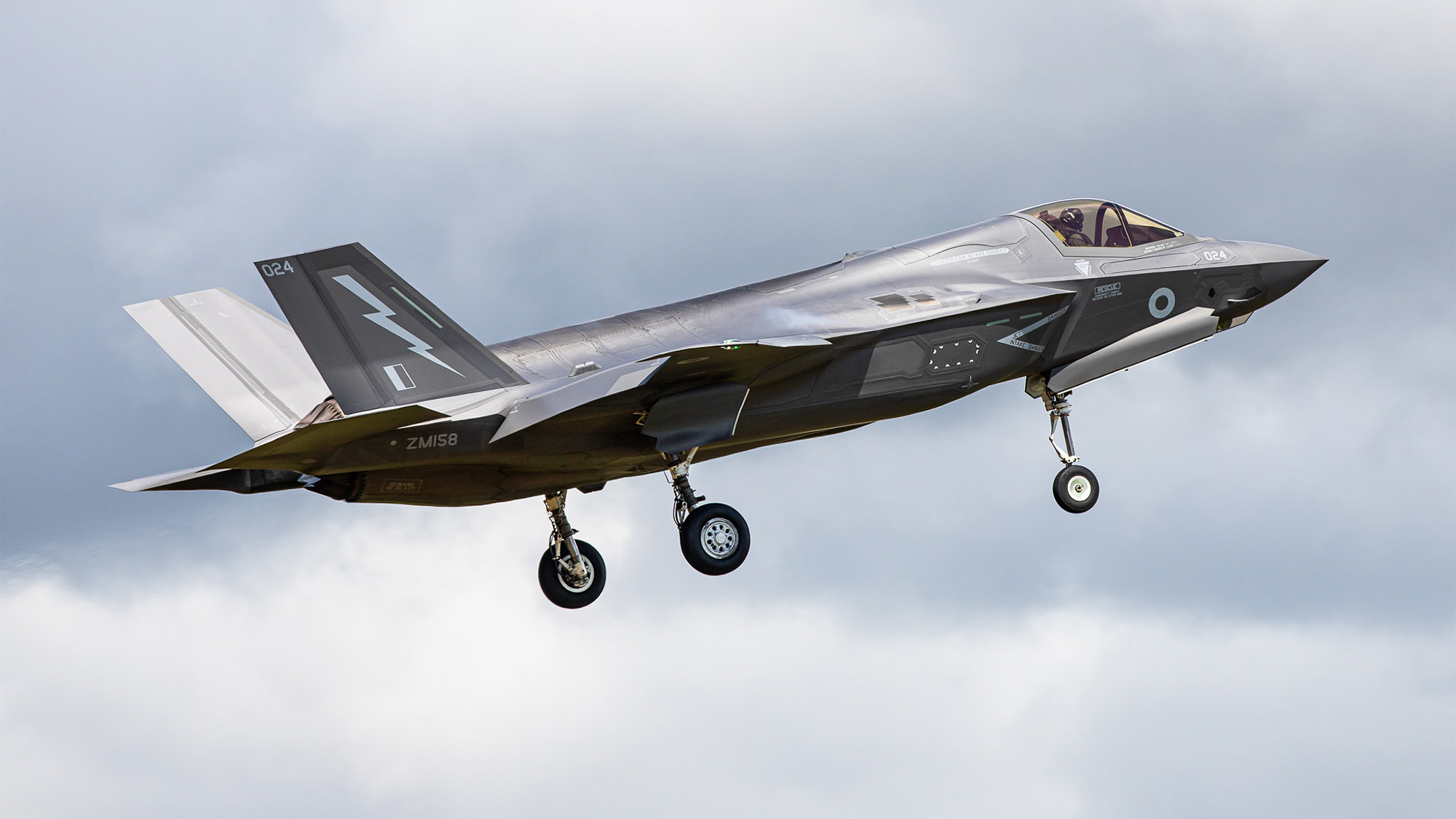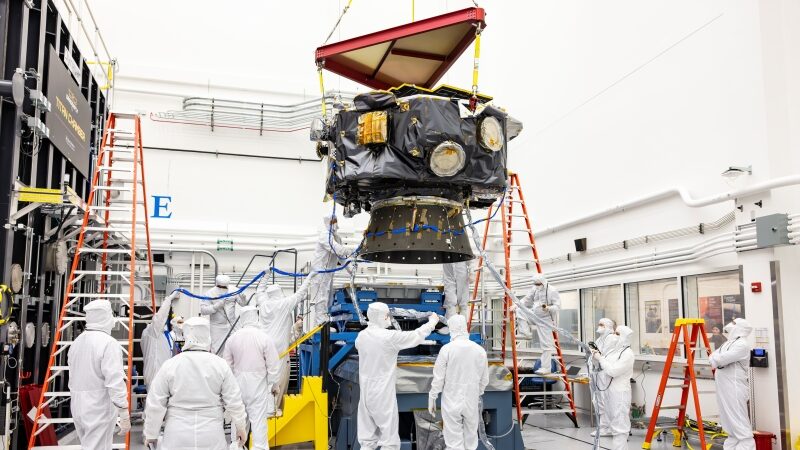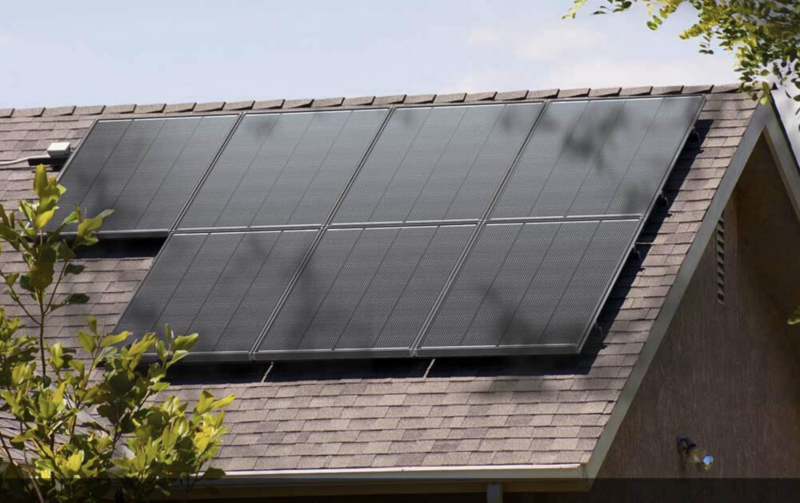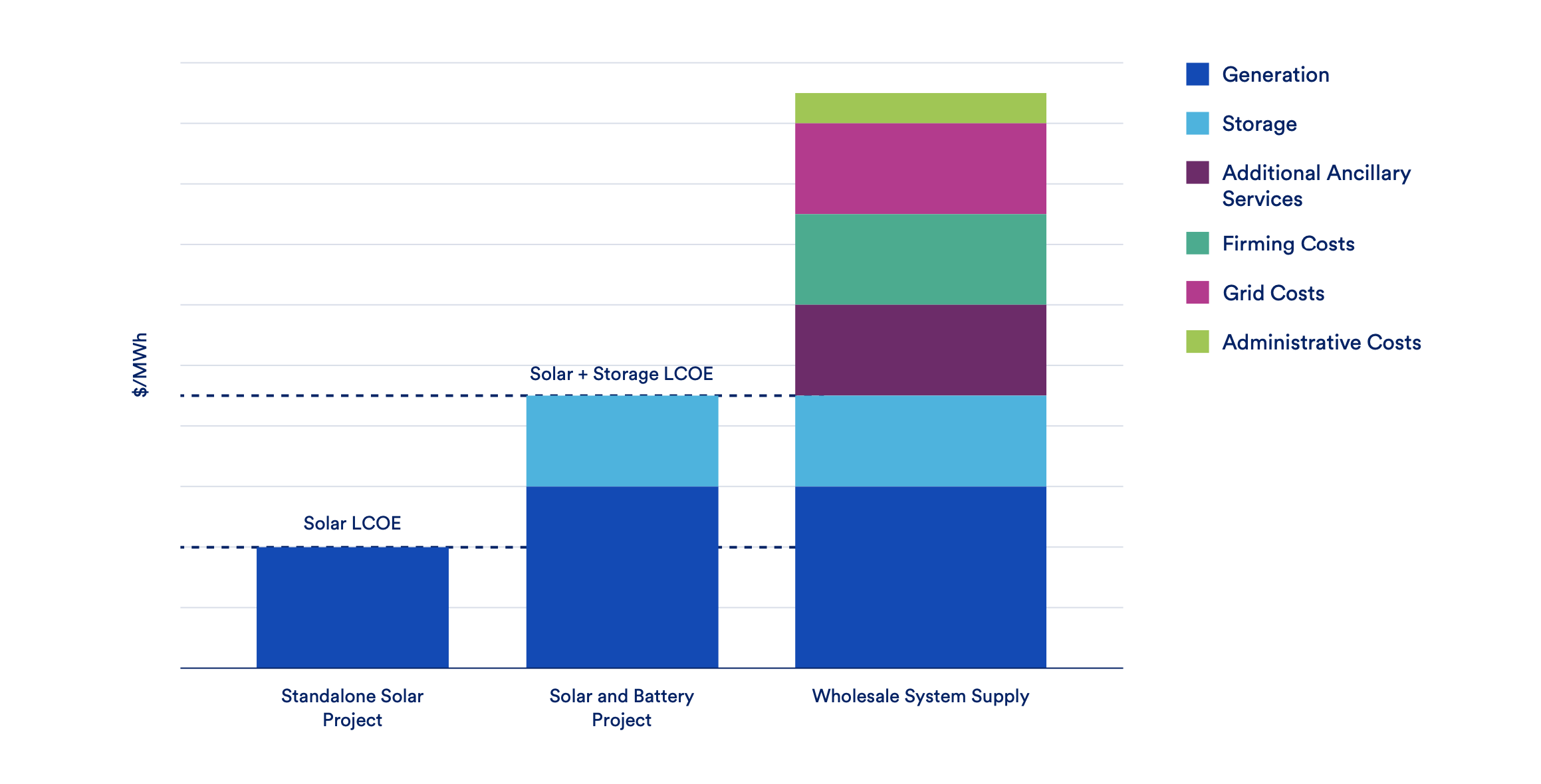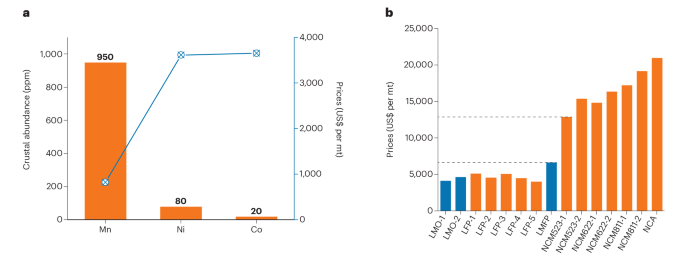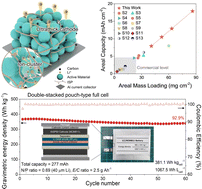Drinks sold in glass bottles have been found to contain more microplastics than those sold in plastic bottles, a new study has found.
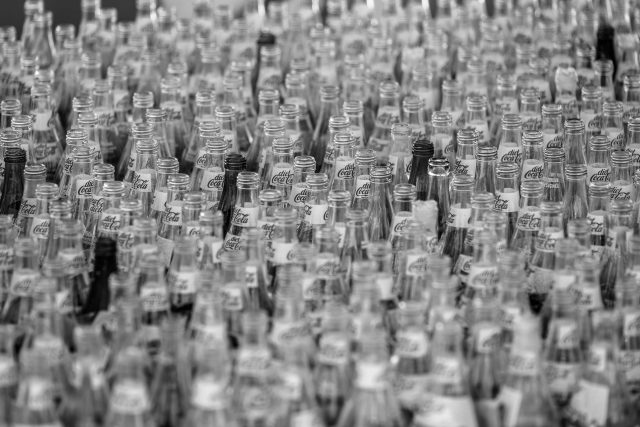
The research, released by France's food safety agency
ANSES, was seen in the Journal of Food Composition and Analysis and has so far detected an average of around 100 microplastic particles per litre in glass beer and soft drinks bottles. This figure was between five to 50 times higher than the rate detected in plastic bottles or metal cans.
According to AFP, there is still no direct evidence that this amount of plastic is harmful to human health, but a field of research into the subject continues as researchers measure the spread.
Speaking to AFP about the discovery, French food safety agency ANSES research director Guillaume Duflos explained how the team sought to "investigate the quantity of microplastics in different types of drinks sold in France and examine the impact different containers can have".
PhD student Iseline Chaib, who conducted the research, told AFP: "We expected the opposite result” but explained: “We then noticed that in the glass, the particles emerging from the samples were the same shape, colour and polymer composition – so therefore the same plastic – as the paint on the outside of the caps that seal the glass bottles.”
The agency said in a statement that the paint on the caps also had "tiny scratches, invisible to the naked eye, probably due to friction between the caps when there were stored” and highlighted how this could then "release particles onto the surface of the caps".
The research revealed that for water, both still and sparkling, the amount of microplastics were relatively low in all cases assessed, ranging from 4.5 particles per litre in glass bottles to 1.6 particles in plastic.
The research showed how wine also contained few microplastics – even glass bottles with caps and yet Duflos outlined how the reason for this "remains to be explained".
The data showed that glass bottles containing soft drinks however contained around 30 microplastics per litre, with lemonade standing at 40 per litre and beer bottles at around 60 per litre.
ANSES did also point out that because there is no reference level for a potentially toxic amount of microplastics, it was not actually possible to say whether any of these figures and findings represent a health risk yet.
Despite this, it suggested that drinks manufacturers could easily reduce the amount of microplastics shed by revising its bottle caps.
Back in 2022,
db revealed how
scientists had found plastic in human blood, indicating that micro-particles can travel around the body and find a way into organs.
To counter such situations the agency had said that it had since tested a cleaning method involving blowing the caps with air, then rinsing them with water and alcohol, an activity which reportedly reduced contamination by 60%.
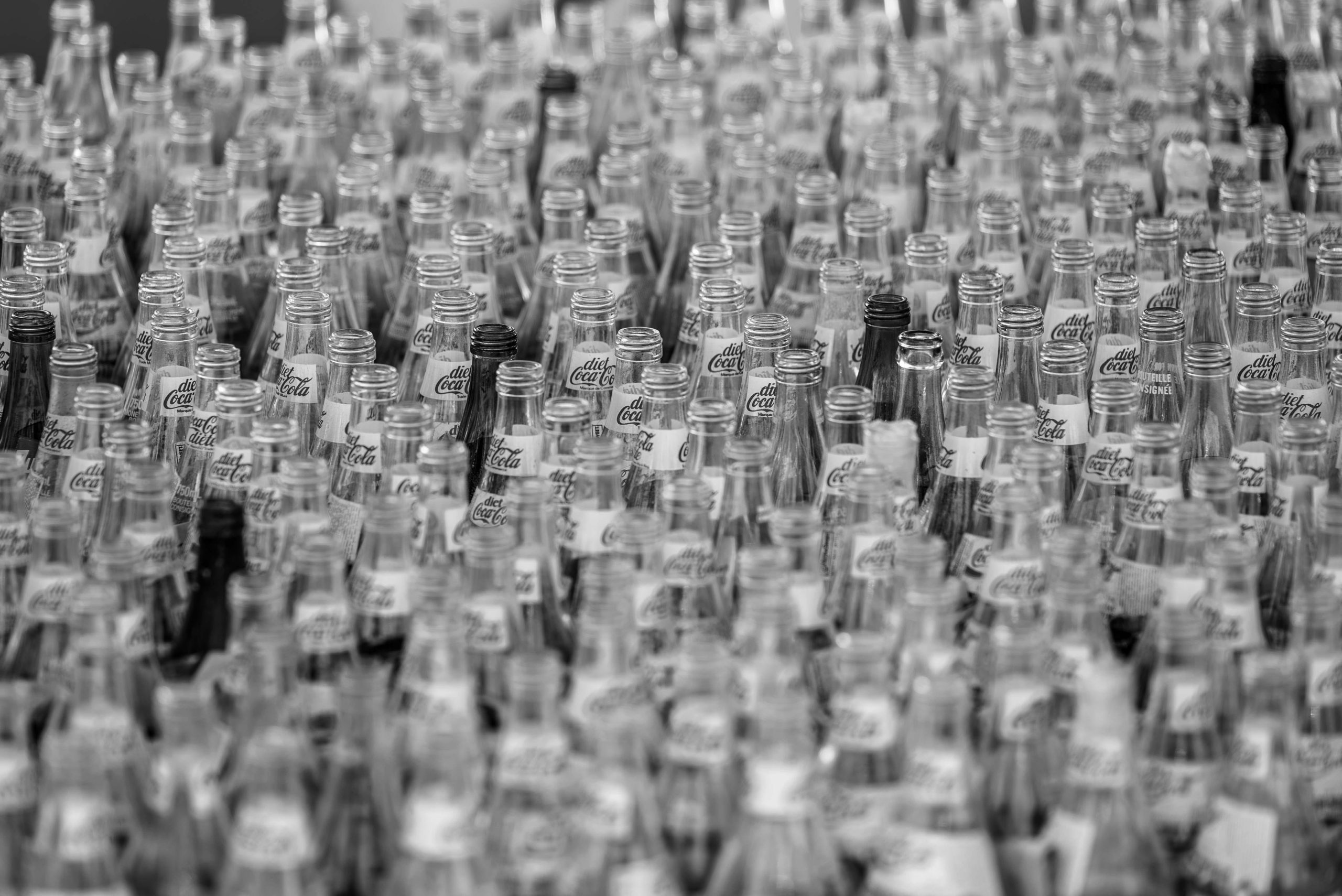
 The research, released by France's food safety agency ANSES, was seen in the Journal of Food Composition and Analysis and has so far detected an average of around 100 microplastic particles per litre in glass beer and soft drinks bottles. This figure was between five to 50 times higher than the rate detected in plastic bottles or metal cans.
According to AFP, there is still no direct evidence that this amount of plastic is harmful to human health, but a field of research into the subject continues as researchers measure the spread.
Speaking to AFP about the discovery, French food safety agency ANSES research director Guillaume Duflos explained how the team sought to "investigate the quantity of microplastics in different types of drinks sold in France and examine the impact different containers can have".
PhD student Iseline Chaib, who conducted the research, told AFP: "We expected the opposite result” but explained: “We then noticed that in the glass, the particles emerging from the samples were the same shape, colour and polymer composition – so therefore the same plastic – as the paint on the outside of the caps that seal the glass bottles.”
The agency said in a statement that the paint on the caps also had "tiny scratches, invisible to the naked eye, probably due to friction between the caps when there were stored” and highlighted how this could then "release particles onto the surface of the caps".
The research revealed that for water, both still and sparkling, the amount of microplastics were relatively low in all cases assessed, ranging from 4.5 particles per litre in glass bottles to 1.6 particles in plastic.
The research showed how wine also contained few microplastics – even glass bottles with caps and yet Duflos outlined how the reason for this "remains to be explained".
The data showed that glass bottles containing soft drinks however contained around 30 microplastics per litre, with lemonade standing at 40 per litre and beer bottles at around 60 per litre.
ANSES did also point out that because there is no reference level for a potentially toxic amount of microplastics, it was not actually possible to say whether any of these figures and findings represent a health risk yet.
Despite this, it suggested that drinks manufacturers could easily reduce the amount of microplastics shed by revising its bottle caps.
Back in 2022, db revealed how scientists had found plastic in human blood, indicating that micro-particles can travel around the body and find a way into organs.
To counter such situations the agency had said that it had since tested a cleaning method involving blowing the caps with air, then rinsing them with water and alcohol, an activity which reportedly reduced contamination by 60%.
The research, released by France's food safety agency ANSES, was seen in the Journal of Food Composition and Analysis and has so far detected an average of around 100 microplastic particles per litre in glass beer and soft drinks bottles. This figure was between five to 50 times higher than the rate detected in plastic bottles or metal cans.
According to AFP, there is still no direct evidence that this amount of plastic is harmful to human health, but a field of research into the subject continues as researchers measure the spread.
Speaking to AFP about the discovery, French food safety agency ANSES research director Guillaume Duflos explained how the team sought to "investigate the quantity of microplastics in different types of drinks sold in France and examine the impact different containers can have".
PhD student Iseline Chaib, who conducted the research, told AFP: "We expected the opposite result” but explained: “We then noticed that in the glass, the particles emerging from the samples were the same shape, colour and polymer composition – so therefore the same plastic – as the paint on the outside of the caps that seal the glass bottles.”
The agency said in a statement that the paint on the caps also had "tiny scratches, invisible to the naked eye, probably due to friction between the caps when there were stored” and highlighted how this could then "release particles onto the surface of the caps".
The research revealed that for water, both still and sparkling, the amount of microplastics were relatively low in all cases assessed, ranging from 4.5 particles per litre in glass bottles to 1.6 particles in plastic.
The research showed how wine also contained few microplastics – even glass bottles with caps and yet Duflos outlined how the reason for this "remains to be explained".
The data showed that glass bottles containing soft drinks however contained around 30 microplastics per litre, with lemonade standing at 40 per litre and beer bottles at around 60 per litre.
ANSES did also point out that because there is no reference level for a potentially toxic amount of microplastics, it was not actually possible to say whether any of these figures and findings represent a health risk yet.
Despite this, it suggested that drinks manufacturers could easily reduce the amount of microplastics shed by revising its bottle caps.
Back in 2022, db revealed how scientists had found plastic in human blood, indicating that micro-particles can travel around the body and find a way into organs.
To counter such situations the agency had said that it had since tested a cleaning method involving blowing the caps with air, then rinsing them with water and alcohol, an activity which reportedly reduced contamination by 60%. 